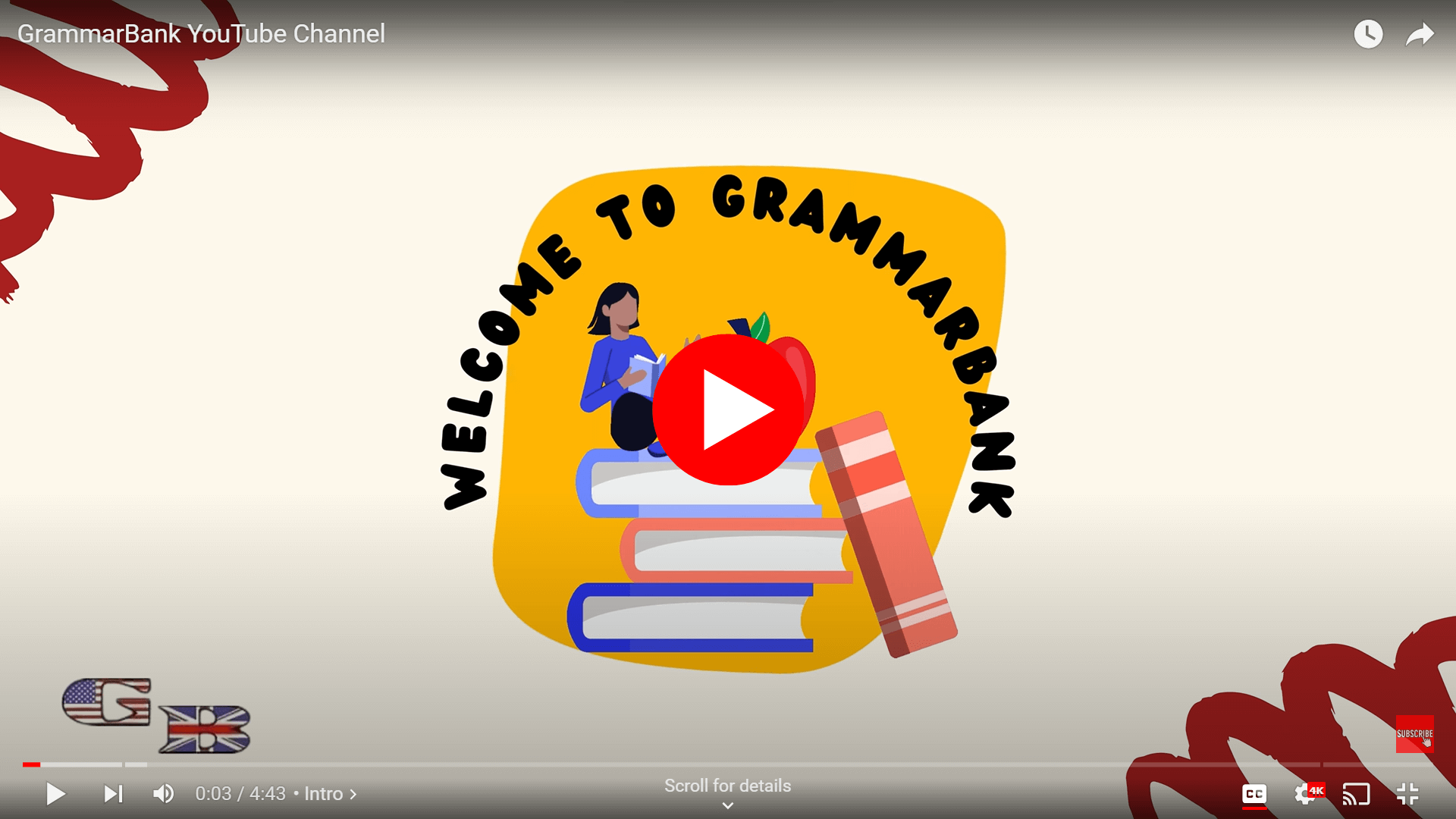Essay Conclusion Paragraphs
Concluding paragraphs are used to tie up an essay in a cohesive and concise summary of the thesis and key points. Although this may sound intimidating, formulating a conclusion can be broken down into helpful tips that will lead to an accomplished ending.
Do not simply restate the thesis. Summarizing and supporting the thesis and main points will lead to a focused essay. Recounting on what was written in the thesis will suggest to the reader that the writer accomplished what he or she set out to accomplish.
- Writing the introduction and conclusion paragraphs after the body of the essay has been written might help you accomplish this task.
- Include a compressed summary of the main points of the essay and recount why they are important and how they connect to each other.
- Ask a question or use a quotation that may invoke a response from the reader.
- Suggest solutions or consequences.
Keep in mind that an effective concluding paragraph will leave a lasting impression on the reader and remind them of the purpose of the essay. It is also an opportunity to check that essay remained focused and proved and / or supported the thesis.
Note:
Some instructors discourage students from summarizing their arguments in a conclusion. Check with your instructor to find out his/her preference.





Comments